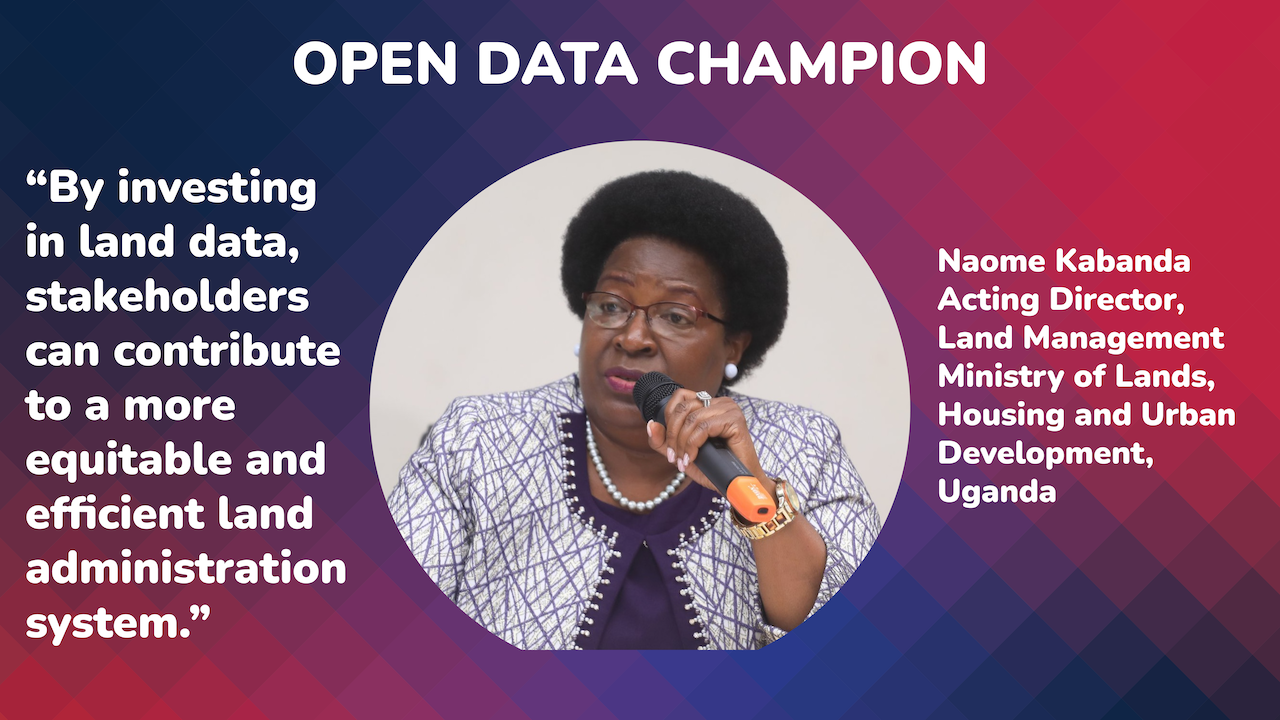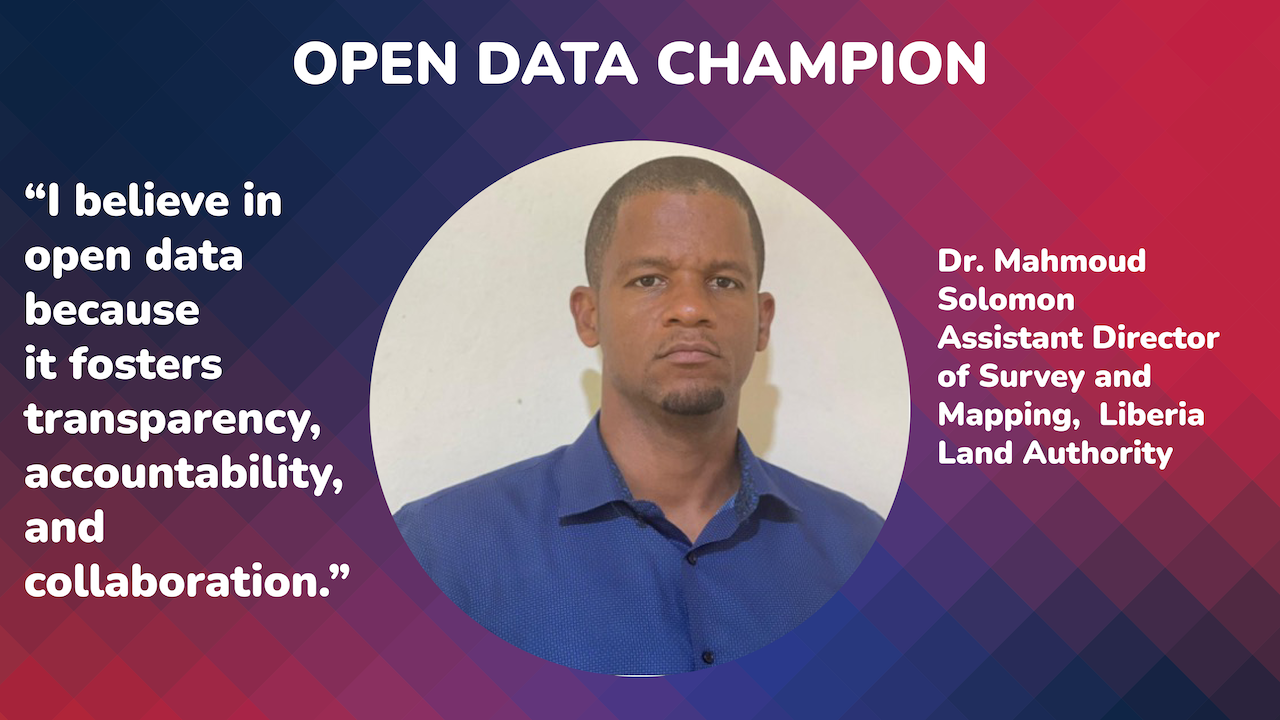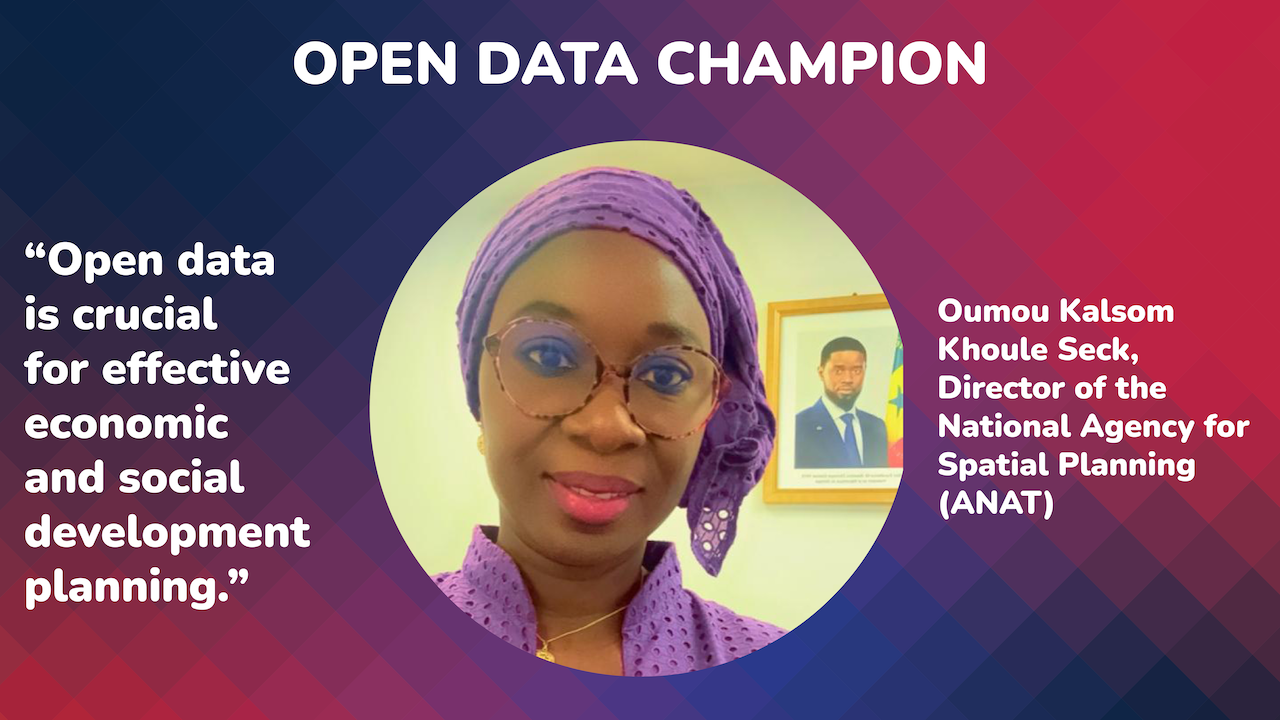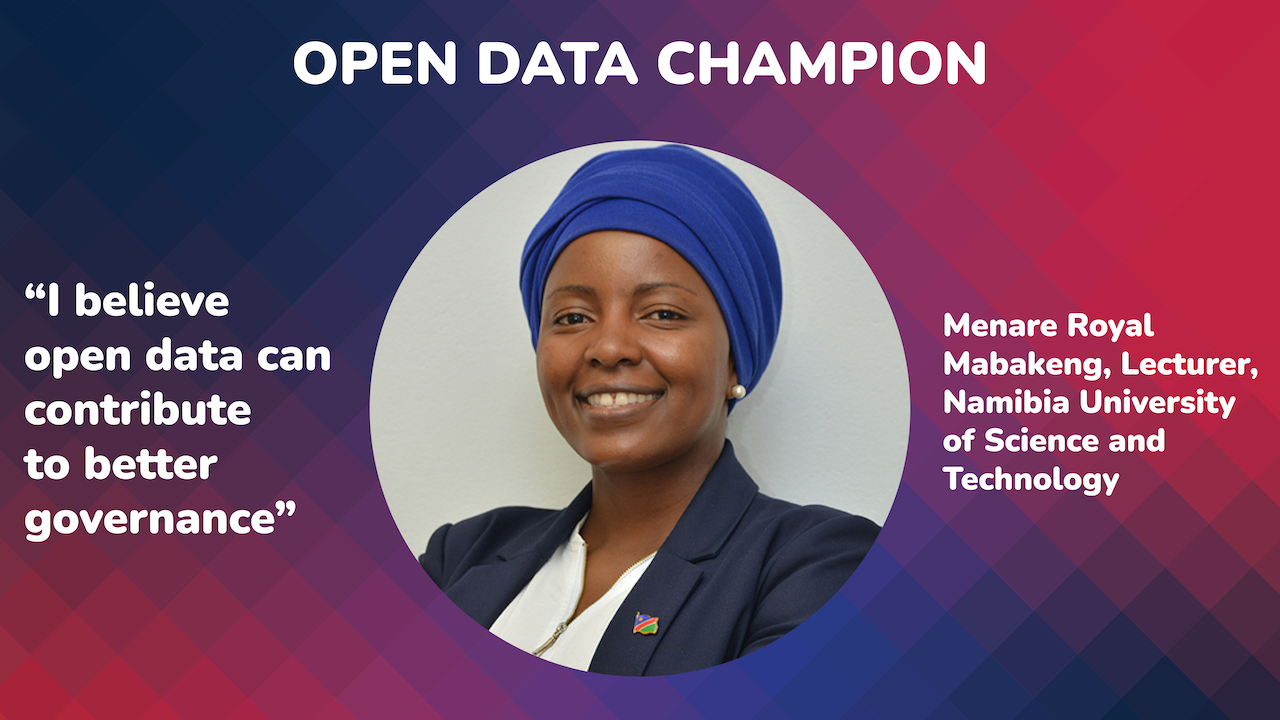Tell us about the background of land administration systems in your country and your role
I've been a champion for land administration reform in Uganda since the 1990s. Uganda's land administration system is a legacy of British colonialism, established in the early 1900s. This system, based on Australian principles, was largely unchanged until the 1990s.
The Land Act of 1998, a significant milestone in land reform, was a departure from the colonial system. It simplified land laws and introduced a new management system. I was a young officer involved in the implementation of this act and the subsequent development of the National Land Policy.
My work has focused on modernizing land administration, including the digitization of land records. This transition was crucial for improving land governance and transparency.
In the early stages of developing land policy, the process kept evolving depending on the government and the policies in place at the time. The major guiding instrument was the Constitution. After the policy was drafted, I oversaw the process for seven years until it was finally approved by the cabinet. Along the way, some laws were enacted, such as the Physical Planning Act and the Land Use Policy, but others, like those concerning land administration, were more complex and untouched—particularly the Registration of Titles Act and the Survey Act.
In the first draft policy, after approval by the cabinet, there was a significant focus on "reengineering land administration." This chapter detailed steps towards computerizing and digitizing land records, moving into an e-registry system. At that time, it seemed ambitious, but these measures were essential and fully prescribed in the policy. The chapter on reengineering drew inspiration from international examples, with study tours to countries in Europe that were already advancing in digitization, such as France.
Uganda was fortunate to receive funding from the World Bank, which helped initiate the infrastructure development for computerization. However, an assessment revealed that Uganda lacked the infrastructure to support the digital system. This led to a proposal for building new land offices, particularly in high-transaction areas, to support the upcoming reforms. As the journey progressed, we focused on repairing and cleaning up old records, even adopting practices seen in France, such as ironing out historical documents.
The digitization of Uganda's land records was a phased process. As our infrastructure improved and new offices were built with World Bank support, we slowly moved from a manual to a computerized system. By overseeing this transition, I was deeply involved in ensuring the accuracy and quality of the work. Over the years, as I advanced to higher roles, including commissioner, I took on greater responsibility for supervising the computerization of land administration.
Today, I am proud to report that Uganda’s land records have been fully digitized. Land titles can now be accessed and issued online, reflecting the significant reforms and modernization efforts we undertook as part of Uganda's National Land Policy. These changes have transformed the way land administration functions, moving from a manual to a fully digitized system.
Why should land stakeholders care about land data?
Land stakeholders must care about land data for three primary reasons:
- Economic Importance: Land is a fundamental factor of production in Uganda, influencing development strategies and the livelihoods of many communities. Land data is essential for various transactions, including mortgages, property purchases, and business development.
- Policy and Service Delivery: Accurate land data informs government policies, stimulates economic activity, and supports essential land services like land administration, valuation, and physical planning.
- Transparency and Accountability: Land data helps combat fraud, ensures fair land transactions, and promotes transparency in land governance.
By investing in land data, stakeholders can contribute to a more equitable and efficient land administration system.
How did you get involved in open data, and what sparked your interest? What motivates you to believe in open data?
In 2000, the government passed the Information Act, which established regulations for data formats and management. However, the act excluded land information, likely due to the private nature of land ownership in Uganda.
The 1995 Constitution granted land ownership to citizens, requiring the government to acquire land through negotiation and compensation. This marked a significant shift from previous government ownership of land.
The need for a comprehensive land database became evident as land ownership diversified, including private individuals, institutions, and cultural leaders. This database would support land management, facilitate transactions, and ensure transparency.
My involvement in open land data stems from a desire to improve land governance and provide citizens with access to crucial information about their property rights.
What is your vision for open data in the land sector, particularly in your country? Has this vision evolved over time?
My vision for the open land data sector in Uganda is to:
- Ensure Accurate and Accessible Information: Establish a comprehensive database containing accurate information about land ownership, categories, and transactions. Make this information easily accessible to citizens through decentralized structures and online portals.
- Promote Fair Land Practices: Support the implementation of fair land practices, including equitable ownership and inheritance rights, especially for vulnerable groups.
- Modernize Land Administration: Streamline land administration processes, reduce bureaucracy, and improve efficiency through digitization and online services.
- Empower Land Stakeholders: Provide citizens with the tools and knowledge to understand and protect their land rights.
By realizing this vision, Uganda can create a more transparent, equitable, and efficient land administration system.
Can you highlight your greatest achievement in the open data sector in Uganda to date?
The greatest achievement in advocating for open land data has been enabling easier access to information for all stakeholders. Citizens can now quickly retrieve land data, which has numerous benefits:
- Improved Efficiency: Courts, government agencies, universities, and financial institutions use land data for various purposes, streamlining their operations.
- Reduced Fraud: Access to accurate land data helps prevent fraudulent transactions.
- Enhanced Research: Researchers can conduct more in-depth studies on land use and governance.
- Informed Decision-Making: Land stakeholders can make better decisions about land purchases, investments, and development projects.
The launch of public portals this year has significantly improved access to land data, allowing citizens to search for information on any property with a small fee. This initiative supports transparency, accountability, and informed decision-making in the land sector.
What are the major challenges you see in creating an open data system in Uganda?
The primary challenges in establishing an open land data system in Uganda are:
- Legal Framework: The absence of a specific Land Information Law to guide the creation, management, and use of open land data.
- Infrastructure: The need for significant investments in technology, human resources, and financial resources to support the development and maintenance of the system.
- Sustainability: The reliance on donor funding and the need for the government to generate sufficient revenue to ensure the long-term sustainability of the system.
Overcoming these challenges requires a comprehensive approach that addresses both the legal and technical aspects of open land data.
What specific activities have you implemented to raise the profile of open land data?
We have focused on raising the profile of open land data through a multi-faceted approach. We began by digitizing road titles and incorporating them into a centralized database. This foundation was then expanded by adding layers of physical planning and infrastructure data, ensuring that the system provides a comprehensive overview of land use and ownership.
To ensure that the system is accessible to all, we have developed user-friendly public portals. These portals allow citizens to easily search for and access land data, empowering them with valuable information.
Furthermore, we have actively promoted the benefits of open land data to a wide range of stakeholders, including researchers, businesses, and government agencies. By highlighting the potential of open data to improve decision-making, combat corruption, and stimulate economic growth, we have fostered a greater appreciation for its value.
How do you engage and inspire others to support open data practices?
We have effectively engaged and inspired others to support open data practices in Uganda by showcasing our progress and sharing our experiences. The success of our initiatives has attracted international attention, with numerous countries visiting to learn about our approach to land data digitization and management.
By demonstrating the tangible benefits of open data, such as improved efficiency, transparency, and decision-making, we have motivated others to adopt similar practices. Additionally, we have actively shared our challenges and lessons learned, helping others avoid common pitfalls and ensure the sustainability of their open data initiatives.
Through our leadership and advocacy, we have become a role model for other countries seeking to implement open data reforms. Our efforts have not only contributed to the advancement of open data in Uganda but have also inspired a broader movement towards greater transparency and accountability in the region.
About Naome Kabanda
Naome Kabanda, a land lawyer working with Uganda’s Ministry of Lands, Housing, and Urban Development, has more than fifteen years of experience in the field of land law, land administration and registration, policy development, and women’s land rights. Ms. Kabanda received her Master of Laws degree from the Women’s Law and Public Policy Program at Georgetown University.
Through her work with the Ministry of Lands, Ms. Kabanda has assisted women with registration of their land in the land offices and educated them on land registration procedures and on the benefits of registering land to increase their tenure security.
Ms. Kabanda has also been part of a team initiating policy and legal reforms in the land sector, including the 1998 Land Act and the recently approved Uganda National Land Policy. She is the ministry’s coordinator of land sector activities for local governments and has been involved in designing training programs for land management institutions.




